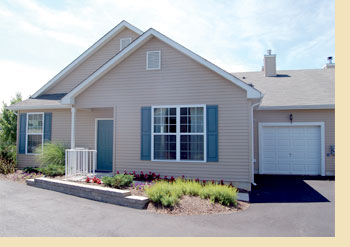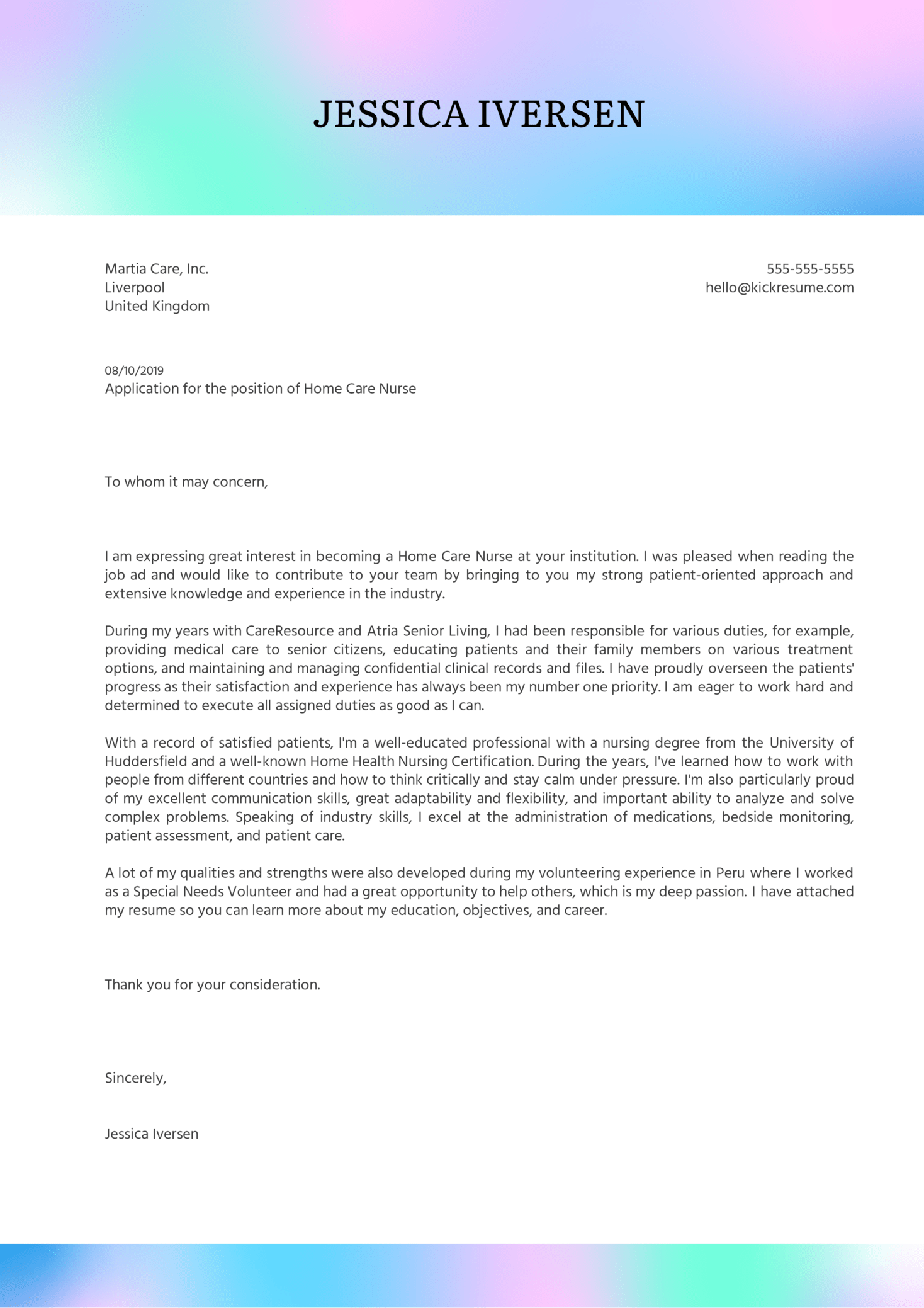
As a caregiver, it's possible to wonder how you can avoid the stigma associated with nursing homes for the aged. This article will discuss the regulations, staffing, and financial help available. Find out if there are any alternatives to nursing homes. Consider carefully reading the regulations before you decide to move your parent into a nursing residence. Ask questions. Moving in with your adult children is another option.
Alternatives to Nursing Home
Although 70 percent of American adults will eventually require long-term care in a nursing home, many seniors would rather stay in their own home or community. Because they provide greater independence than traditional senior care facilities, many families are searching for alternatives to nursing home. There are many nursing home options available today. The following is a list of the most popular options. They can vary in their price ranges, the level of care they provide, and the services they offer.
Medicaid-funded assisted live is another alternative to nursing homes. Assisted living facilities are community-based housing that provides supervision and limited medical service. Residents are provided with assistance in daily living activities, such as meal preparation and medication reminders. Some programs even provide 24-hour assistance. Medicare-funded assisted housing also allows for the possibility to stay in the same house but offer more flexible care options. In addition, it may be possible to use a personal emergency response system to alert caregivers if a resident is in need of medical assistance.

Regulations
Both the federal and state governments have regulations regarding nursing homes. CMS must be followed in regulating nursing homes. CMS requires that nursing homes have at least two nurses per shift and a minimum number resident beds. They must also adhere to certain procedures when admitting new residents and re-assessments should be done annually. While residents have the right of refusing medication, nursing homes should respect their wishes.
The new standards are being announced by government officials to improve the safety, quality, and quality of nursing home care. These new rules will be used to protect vulnerable residents as well as punish those who are not acting in a responsible manner. The Administration is committed in protecting vulnerable residents and the health care heroes. They want to ensure that seniors and people living with disabilities are respected. This goal is being achieved with the regulations. This new rule will provide protection for residents and high-quality care.
Staffing
Some providers have trouble hiring staff. Others ask their employees to work longer hours to make ends meet. In Charlotte, N.C., Diondre Clarke, a certified nursing assistant, has to care for 20 or more residents during a shift. These difficulties are due to the shortage of staff in nursing home. Some states have established minimum staffing requirements in nursing homes.
The committee examined the statutory requirements, site visit data, public testimony, extensive research literature, and public testimony. It also deliberated long about the issues. It is vital to the health and well being of our aging population that nursing homes have adequate staffing. These new rules will not be effective if there are adequate staffing levels in nursing homes. How do we make the best of our limited resources?

Financial assistance
Medicaid may cover nursing home stays. Medicaid only covers nursing home care for residents with low income. Long-term care insurance might also be available to help cover nursing home costs. The cost of skilled nursing care can exceed $200 per day. Medicaid can help cover the cost of a nursing home stay for residents who are low-income or uninsured. Other resources are available if Medicaid is not an option.
Medicaid is a federal government program that covers nursing home costs for those who are disabled or unable to care for their elderly at home. The program's guidelines state that the person must not be able to care for herself at home. Medicaid coverage is available to those who meet certain financial requirements. They must be at least 18 years old and have a valid marital status. Once Medicaid pays for the care, the nursing home must accept the coverage.